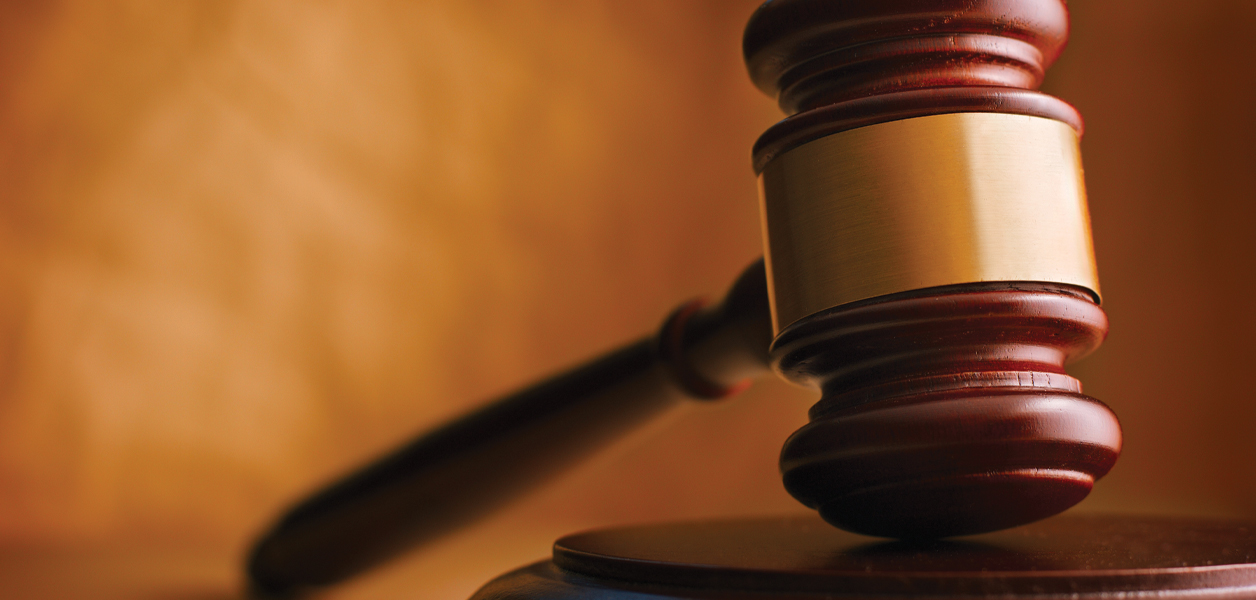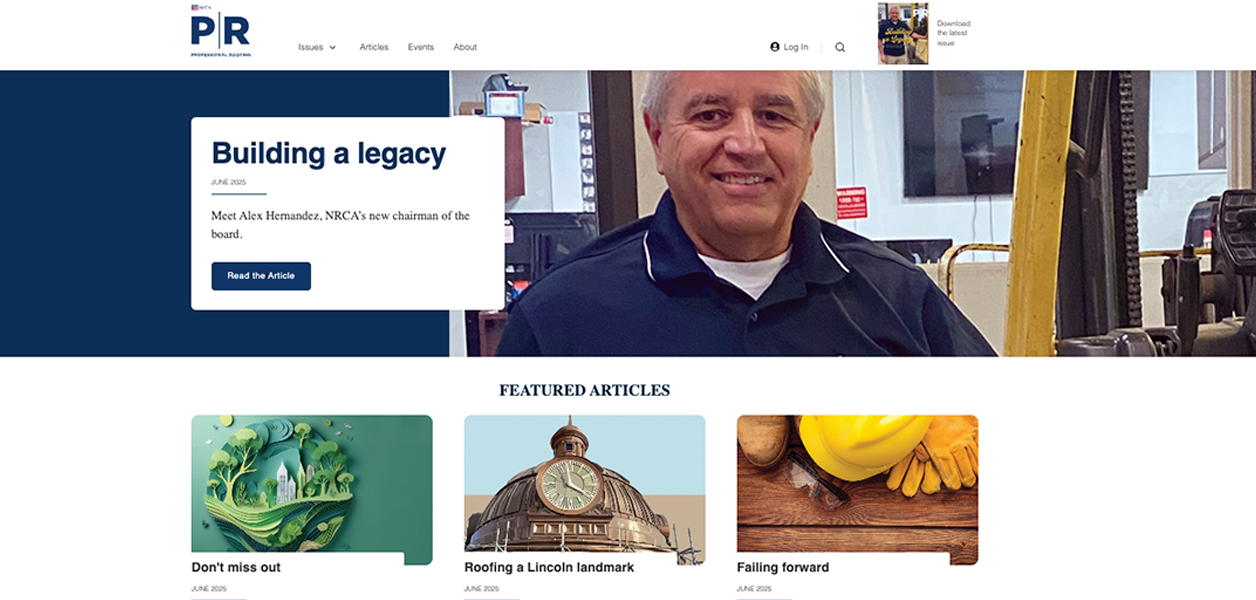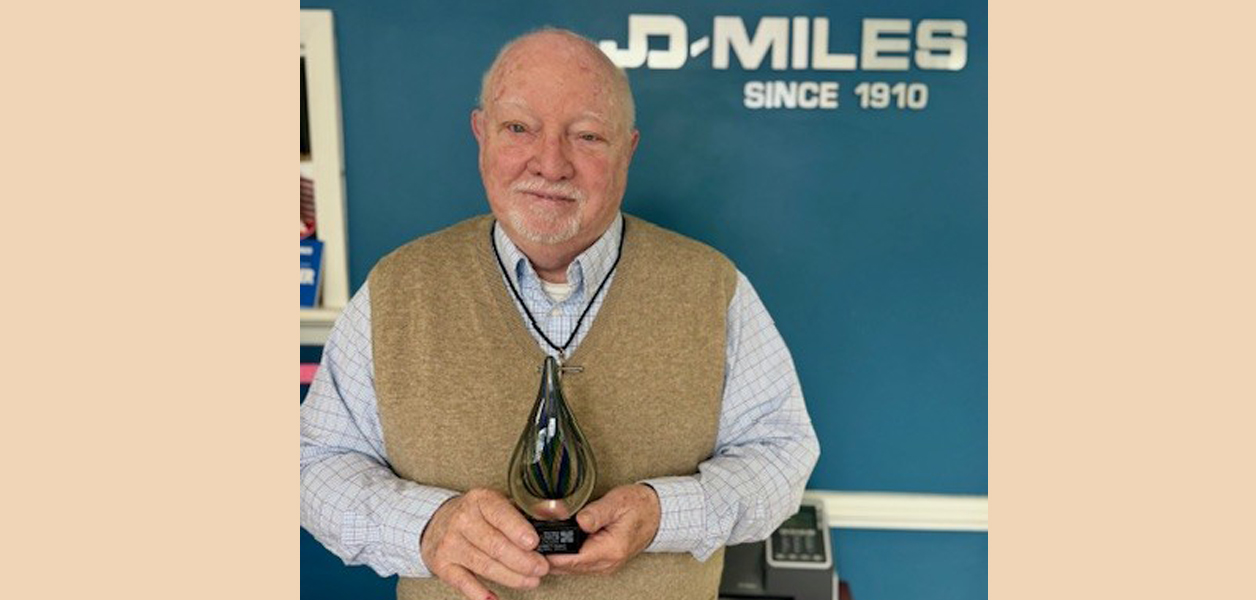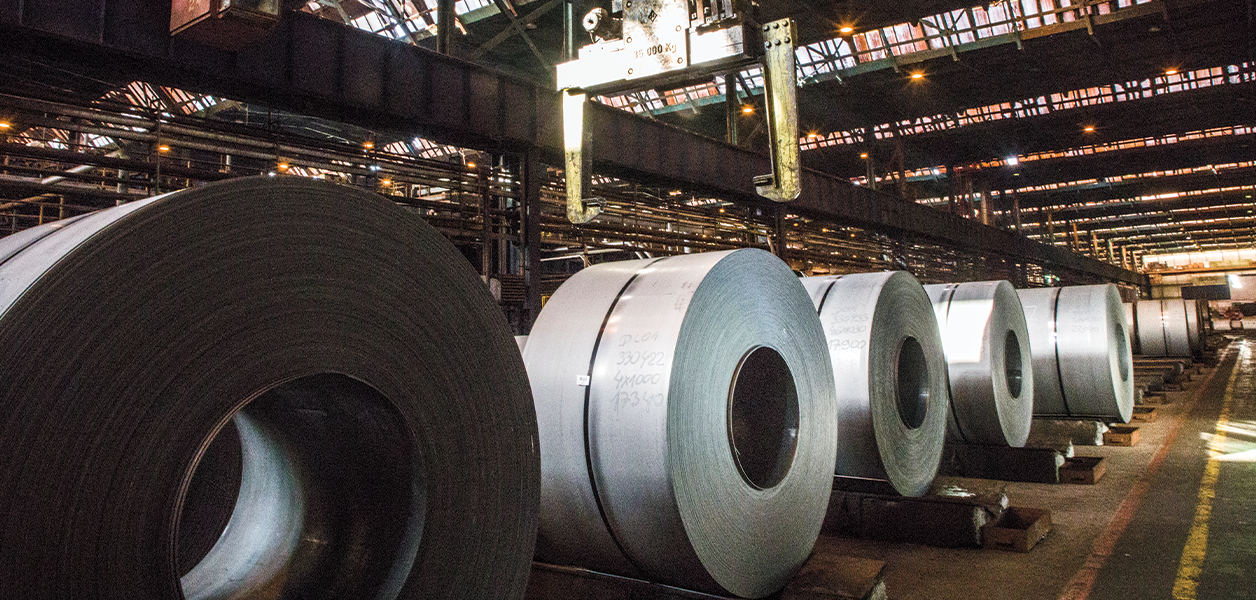A recent lawsuit has shined a light on the use of inferior Brazilian plywood and its false certification by long-time certifier PFS-TECO, according to NRCA General Counsel Trent Cotney.
What the lawsuit claimed
The suit was filed by U.S. Structural Plywood Integrity Coalition, which includes nine family-owned plywood manufacturers. The group alleged that PFS-TECO designated PS 1 certification for the plywood despite failing to meet U.S. standards. The lawsuit claimed negligence, false advertising and loss of revenue.
PS 1 certification indicates structural integrity for plywood panels used in floors, roofs and walls of commercial and residential buildings. After its production, PFS-TECO inspected the plywood and stamped it PS 1 before it was made available in the U.S.; however, the plywood had substantial failure rates during American Plywood Association testing and evaluation from other laboratories. Unfortunately, the plywood in question has been used throughout the U.S. for new construction projects, as well as for reconstruction in Florida, Puerto Rico and other areas affected by hurricanes.
The suit alleges that dating to Jan. 1, 2016, the inspection services “made false statements of fact through certifications that authorized 35 Brazilian plywood producers to export plywood into Florida” they either knew or should have known “did not meet” a voluntary industry standard.
How the judge ruled
The case was heard in federal court in Fort Lauderdale, Fla., and Judge Roy Altman agreed with the plaintiff. Accordingly, he issued a permanent injunction against PFS-TECO, preventing the certifier from operating in Brazil. That decision also revokes all PS 1 certifications issued by the certifier, affecting several Brazilian plywood mills that provide plywood to the U.S.
What the decision means for businesses
Distributors holding the substandard plywood in inventory should consider it to be defective. Therefore, they should destroy the plywood or remove the PS 1 stamp from every panel before resale. There have been a variety of safety and structural-related concerns with its usage.
In 2021, nearly 1.2 billion square feet of Brazilian plywood was sold in the U.S., accounting for about 11% of the U.S. supply. Because it is cheaper than U.S. plywood, it is attractive to contractors; but as this case illustrates, some materials are cheaper for a reason.
This issue highlights one of the concerns with using substitutions because of material unavailability. In addition to Brazilian plywood, there already have been problems with some fasteners manufactured in China and there likely will be additional defective product claims in the future.
Cotney said contractors may want to consider allocating a reserve if they know the defective plywood was used and should check existing stock to ensure they dispose of the affected product. Contractors also should recognize any communications with distributors or third parties about the plywood may be discoverable.
View PFS-TECO’s press release regarding the court-issued injunction.
For more information regarding plywood installation guidelines and potential consequences of product substitutions, view Professional Roofing’s articles, “Know your steep-slope roof decks” and “Considering substitutions.”





